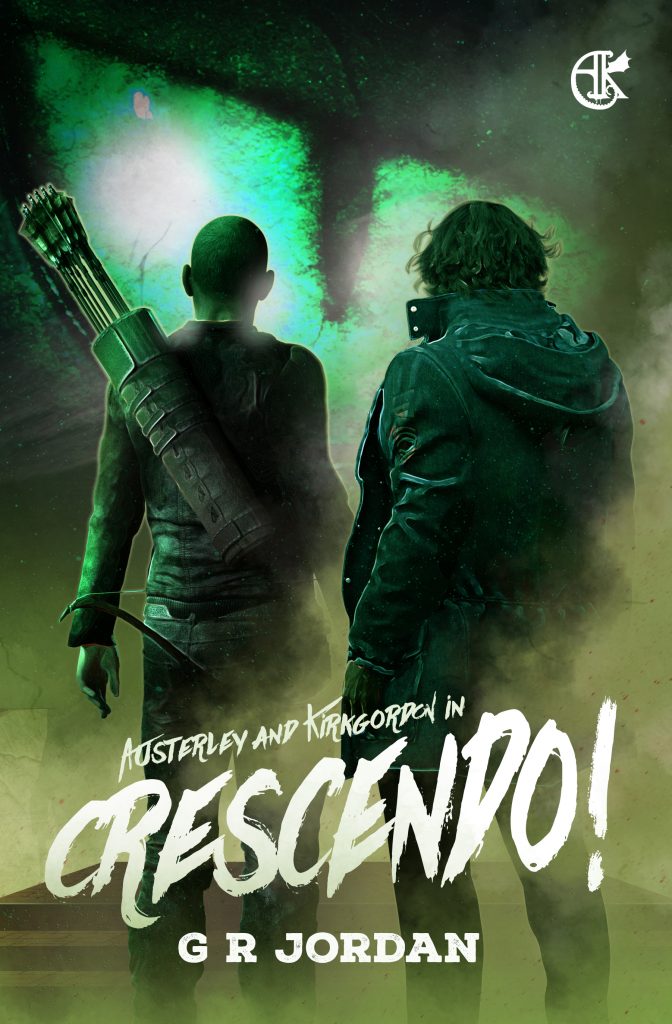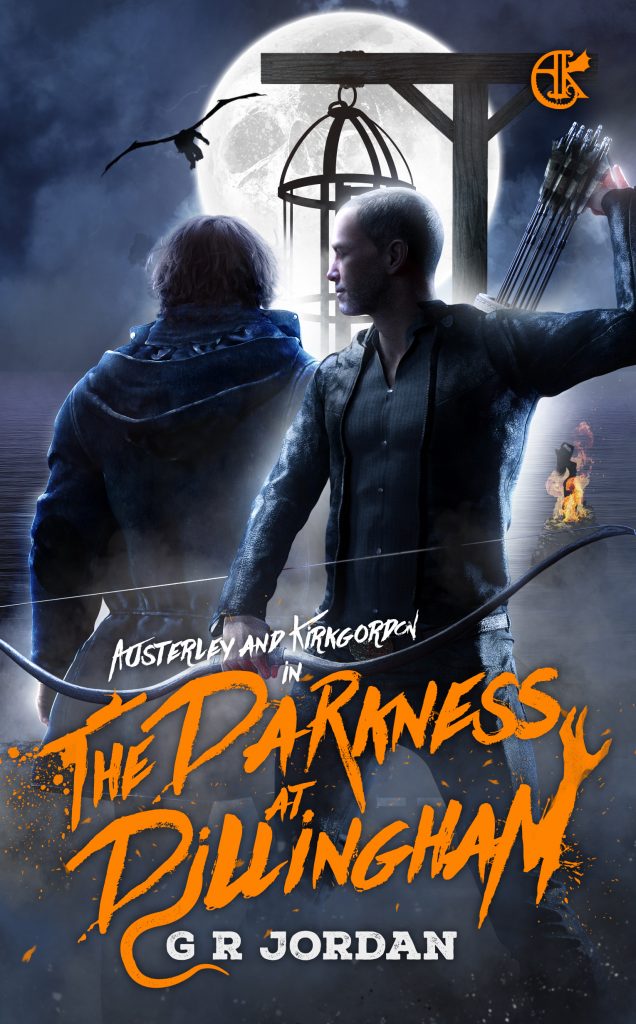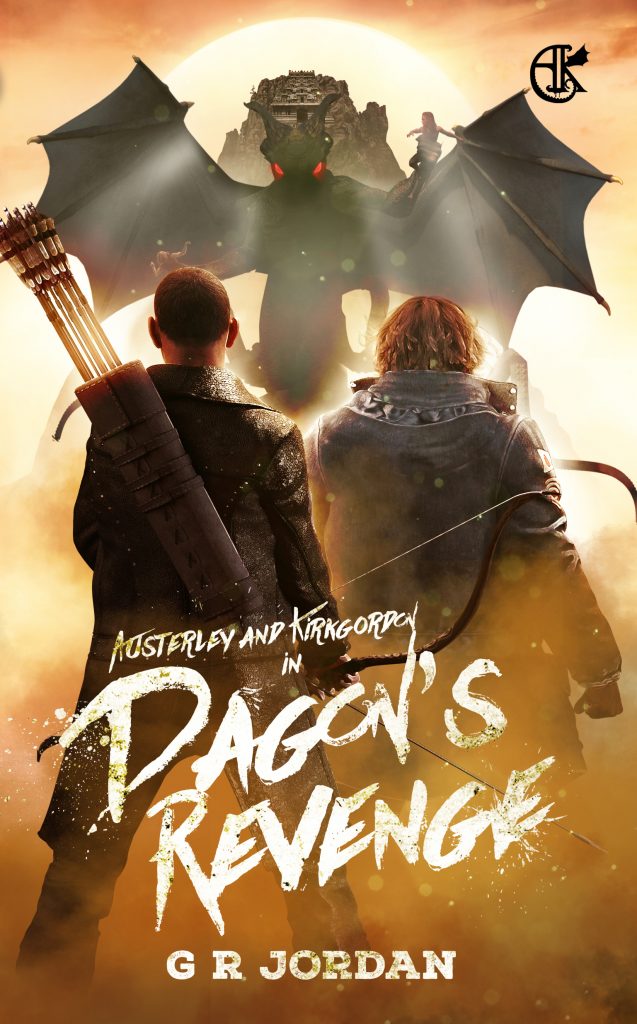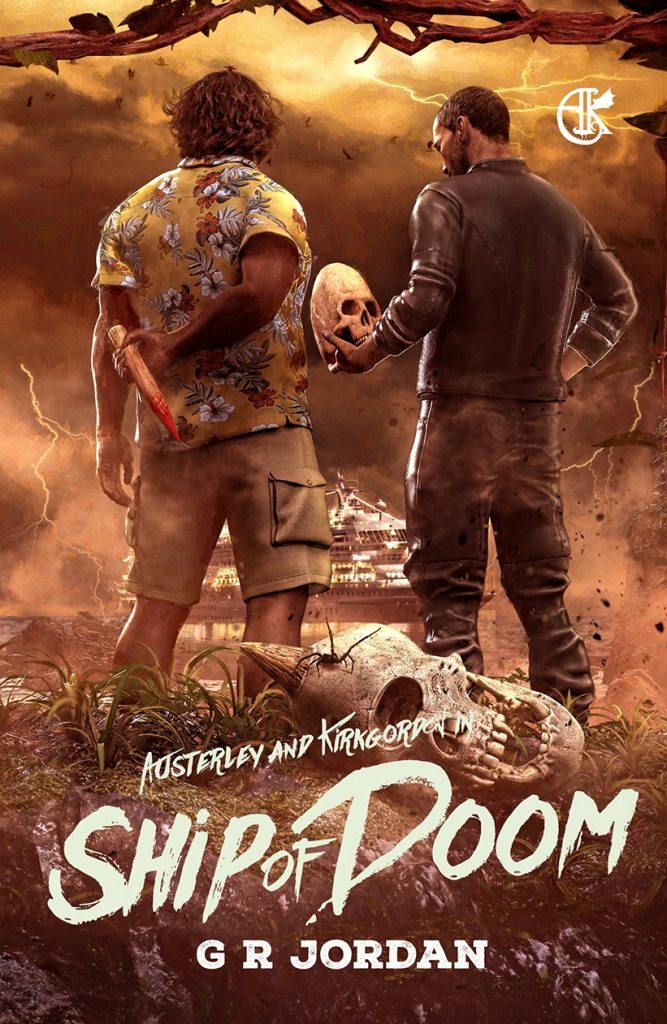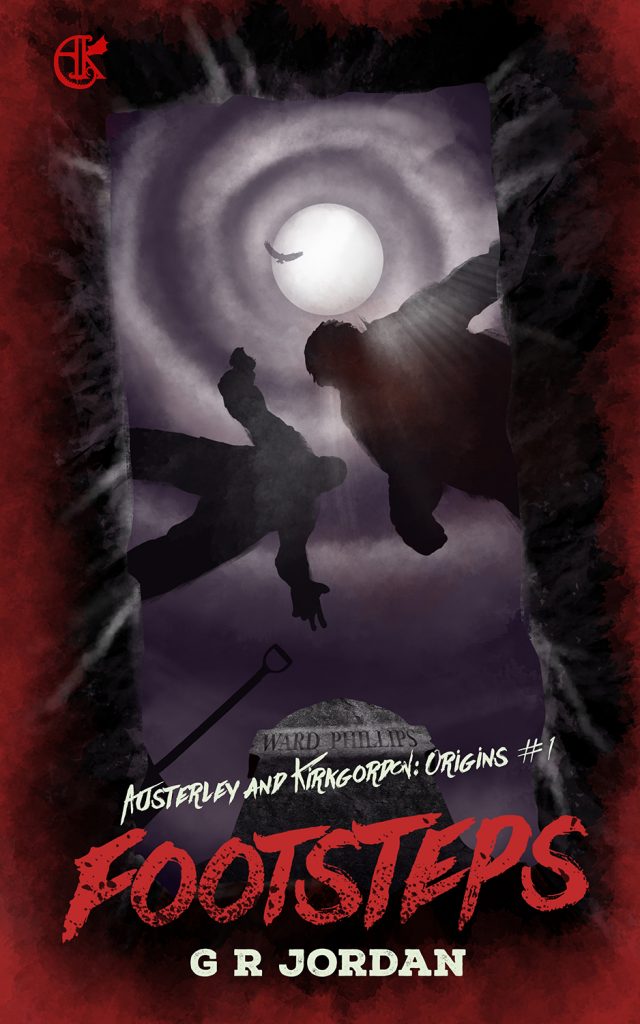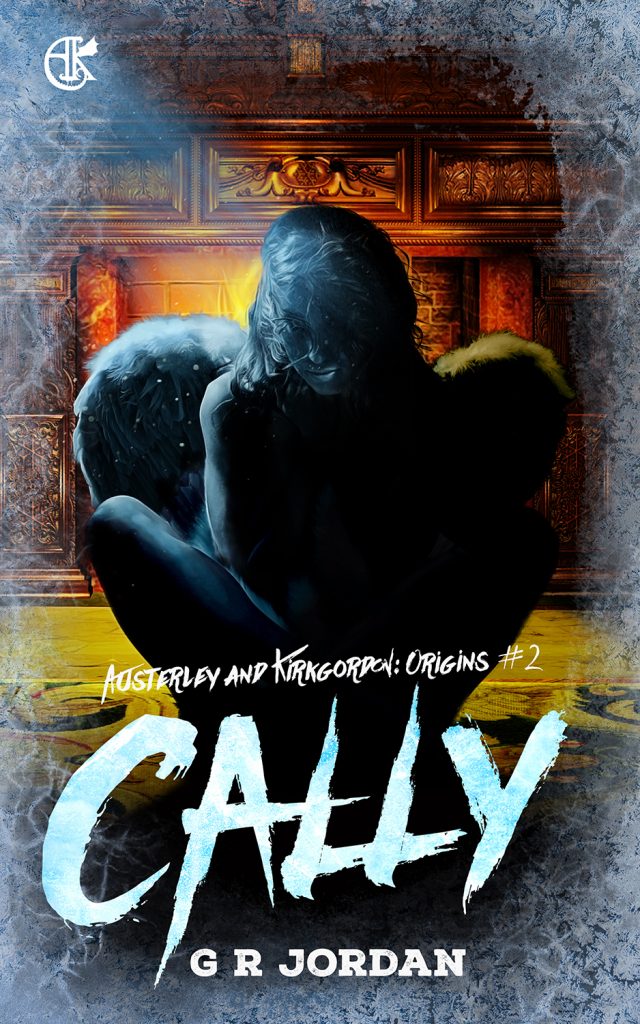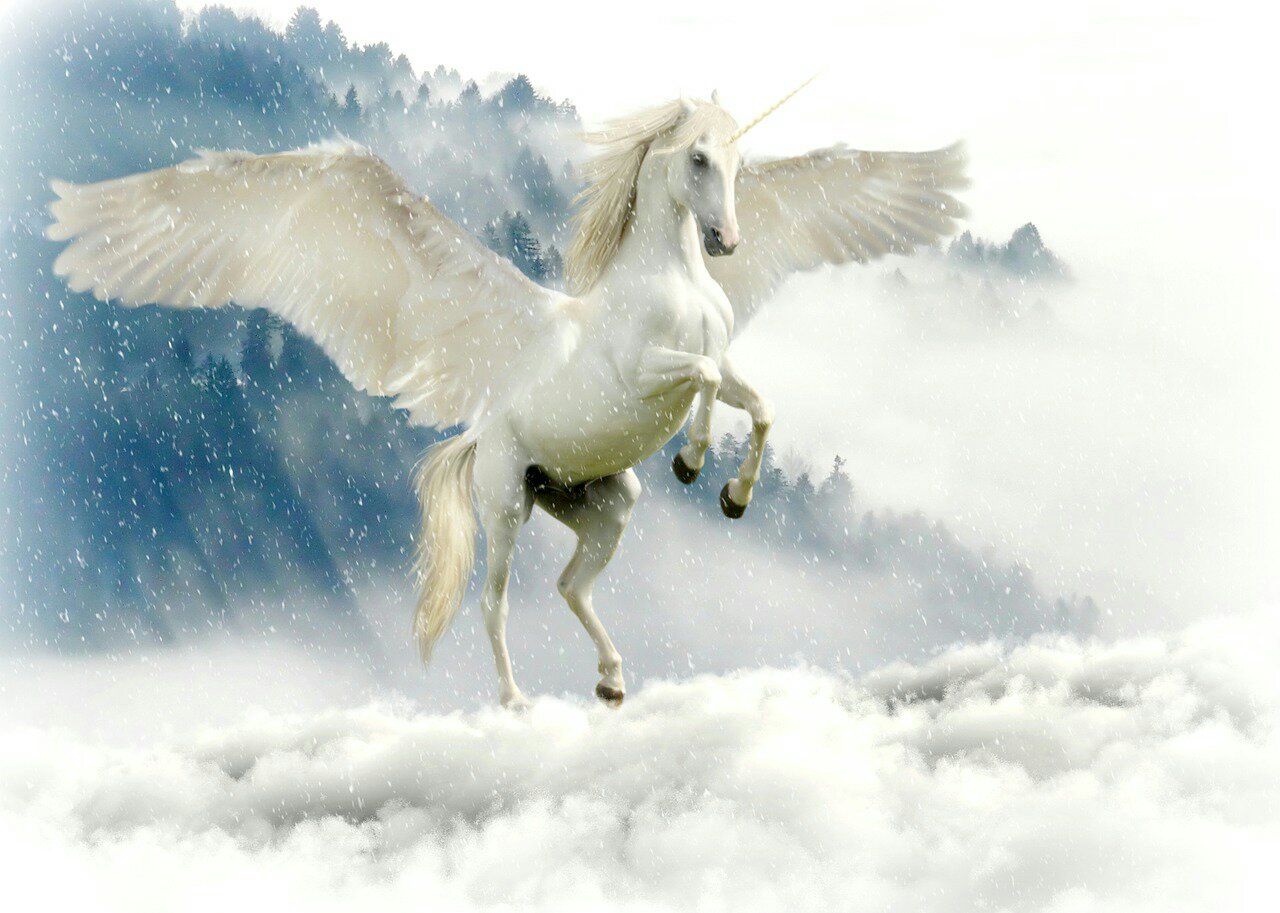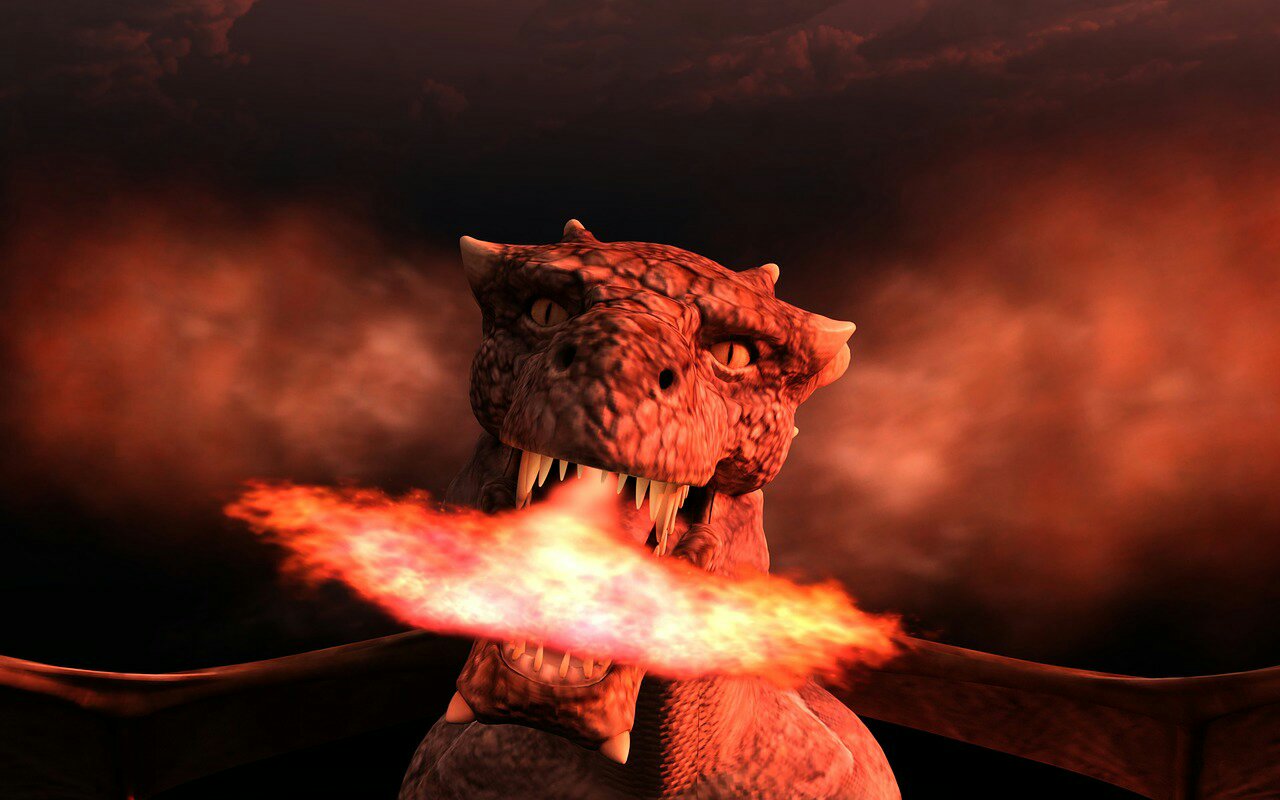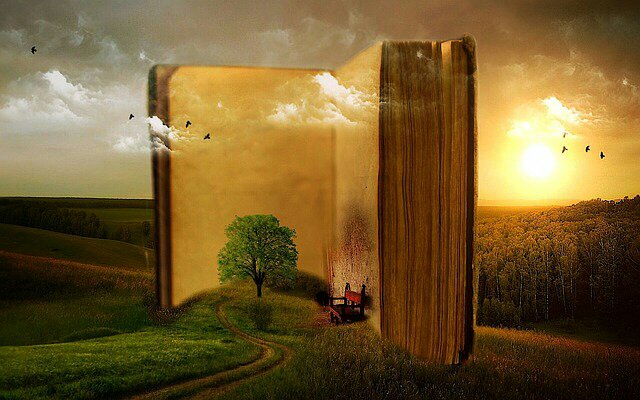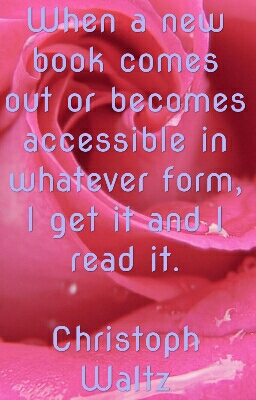
The song says the waiting is the hardest part and it’s a truth that is too easy to dismiss. I’m currently expecting my proof copy of a hardback of “Darkness on a Foreign Shore”, my first role-play book. I ran a Kickstarter for that project and we were vey successful. I’m keen to give out the pledges my backers signed up for but I am waiting to see how the interior artwork looks before getting all the books ready to post and letting the finished product go on sale.
Christmas is a funny time for books as hardback sales go nuts and eBooks can often take a wee hit. I haven’t written anything particularly seasonal yet and so I am not in a mad push for a specific book other than getting behind “Water’s Edge”, my just released Hebridean detective thriller novel. And so I’m in a kind of limbo where I carry on with the daily write (a pandemic novel by Dictaphone and the follow up to Water’s Edge on the tablet) as well as other projects. But my eye is on the post.
You see the first time you hold a finished book in your hand is quite special. There’s a sense of completion, a little pride and a general satisfaction before the inevitable draw of breath as you launch into the marketing. There’s also that feeling of the start or continuation of something, depending on whether it’s the first or later book in a series. And unlike an eBook it’s tangible, the feel of the paper, the book in your hands, flicking through pages and placing the copy on the shelf.
This time I’m waiting on a dust jacketed hardcover which is a first for me. I did produce hardcovers before but they were hardboard, the last being Dagon’s Revenge. This time it’s something new and there’s more than a few butterflies flying around my stomach. But as I wait, I’ll keep writing, keep plodding on, for there’s nothing else I can do but pass the hours until the book arrives. Kids are lucky, at least you know the night Santa comes!

